
How a Swiss photographer came to capture Haitian weddings
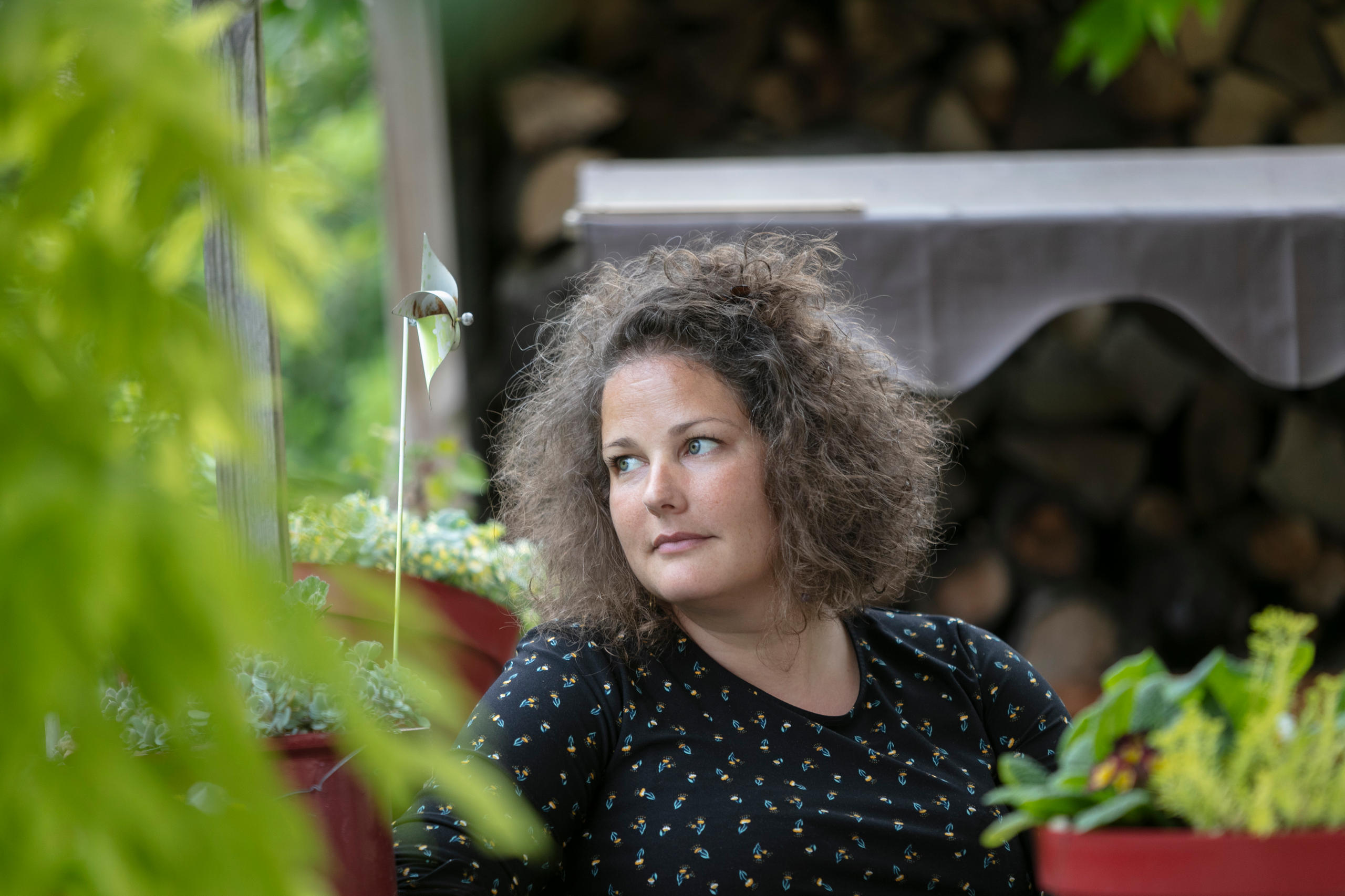
Setting out from the peaceful western Swiss countryside, photographer Valérie Baeriswyl criss-crossed the world until arriving in Haiti – now she is preparing a book about wedding ceremonies on the Caribbean island.
“When I was young, and we were on holidays, we would visit the market, where we would be allowed choose a gift. My sister would ask for a Barbie doll, my brother would get a toy car, and I would get an African mask or a drum – as long as it was something from far away…”
Valérie Baeriswyl can’t say why the call of “elsewhere” has always attracted her.
As for the camera, “that came when I was around ten years old”. Her father, an avid photographer, used to develop his photos himself. “He taught me how to do it. We would set up camp in the cellar, which often used to annoy my mother, because it was where she did the washing, and our equipment took up lots of space,” Baeriswyl laughs.
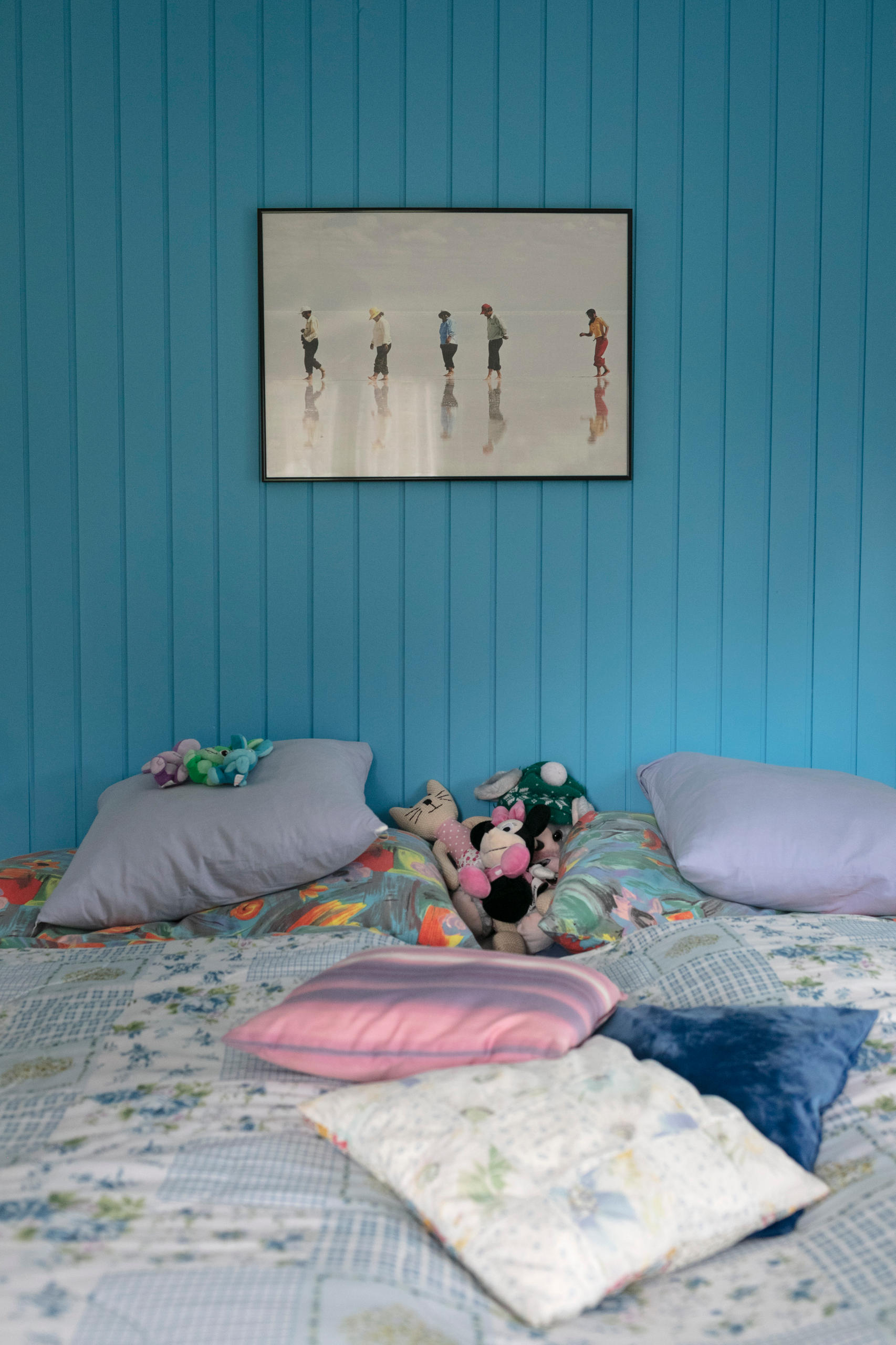
Then, until the age of 15 – an age at which young girls are often inventing dance moves to go with their favourite songs – she was inviting friends for photo sessions, usually in the countryside around her native Broye region, straddling the cantons of Vaud and Fribourg.
First steps
Then, one day, the taste for objects from elsewhere became a desire to see this elsewhere – unless she had always been there. “As far back as I can remember, I never had any prejudices or fears of the unknown. I don’t come from a much-travelled family, but I was always very curious. I want to meet people, to see how they live, what they do, what they eat…”
At the age of 17, she took off with a friend – destination Bulgaria. “What an idea! Why are you going there? Where is Bulgaria anyway?” they were asked by their friends. Then, after training as a librarian, she left for Peru – “a choice made a bit randomly. I have a Peruvian aunt, who was living there at the time. And so, off I went, without being able to speak Spanish, nor English really.”
For five months she made her way through a good part of South America, with a rucksack on her back, without a care for the comfort or the inevitable hardships of these types of low budget trips. She came back with 40 rolls of film ready to be developed.
“While I was there, I had written to the local authorities back home in St Aubin to ask about an exhibition of my photos in the castle in the village. Without even knowing what was on the rolls of film, it was quite an audacious request. But Baeriswyl is like that: wilful, optimistic, and hugely generous.
“I began exhibiting, quite a lot, in cafés and libraries throughout the region.” On top of this, alongside her job in the library of a secondary school in Lausanne, she also started to cover regional events for local newspapers. And then she began to cover weddings.
“No, it’s not corny to do wedding photos. People invite you into their intimate space, it’s an important gesture of trust. Not everyone wants you to be there for the preparation phase, but when I can, I also go there, because the most interesting photos come from these moments. People are natural, there are lots of little details, things to see, it’s precious”.
Paris to Port-au-Prince
In 2011, at 26, Baeriswyl decided to go professional. To do this, however, a qualification was needed, and she made for Paris, and a photojournalism degree that “taught her how to build a story”. It taught her well: she won a student competition organised by the prestigious Paris Match magazine, for a feature about a French woman who had converted to Islam.
Then it was another series of travels: Albania, Central Asia, North Africa, southern Africa. And in 2015, while travelling in the Dominican Republic, that she almost by accident crossed the border into Haiti – one of the poorest parts of the world.
Without planning it, she would go on to settle there, only coming back to Switzerland for a few months each summer. It was a massive change. “Sometimes I had the sense I was becoming schizophrenic, since the two [countries] are so different,” she tells swissinfo.ch, from her temporary and comfortable base of her sister’s apartment in the Broye region.
“When you see the wealth we have in Switzerland, the facilities we have… We don’t realise that it’s a blessing to be able to go to school, to have a road to get there, to have working hospitals which were able to manage the coronavirus crisis.”
“In Haiti, people can’t stay at home all day, because if they want to have something to eat in the evening, they have to go to work to be able to pay for it. Most of them have no savings. They live from an informal economy. There’s no point even thinking about quarantine.”
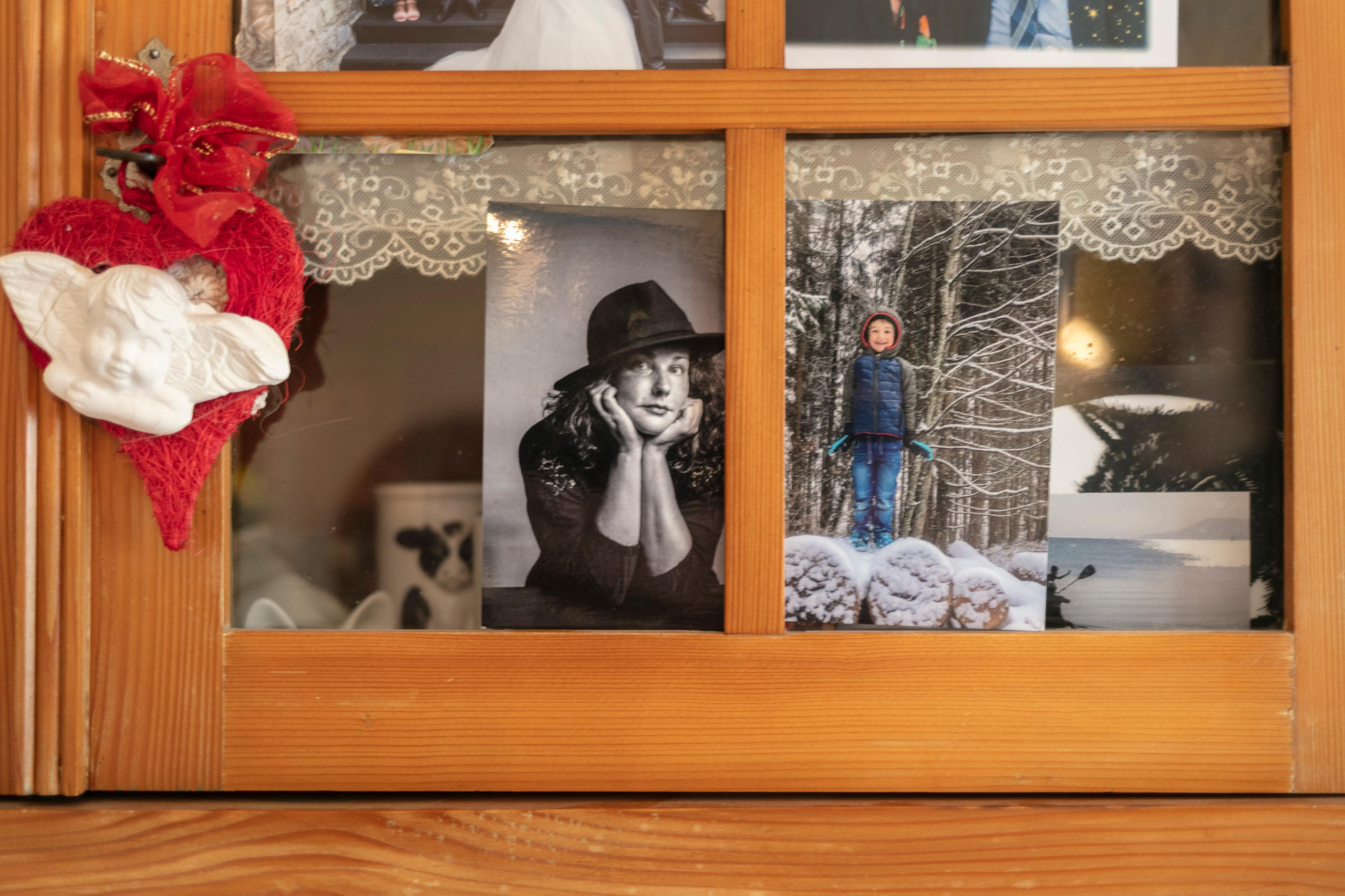
Coming home
This year, the pandemic forced Baeriswyl home earlier than usual. She was pulled back by the insistence of her family, even if she would have preferred to stay in Port-au-Prince, to document what was happening.
Indeed, through her life choices and her work, Baeriswyl is almost an activist. But she is more involved socially; she is not too interested in politics. “To be a photojournalist is to be quite privileged, as an observer, to be able to tell the small story within the larger one. All reportages are not necessarily incredible, but some day, they will be memories for the next stories.”
And what is it like to be a white woman in Haiti, a country that is now part of her, and where she now speaks the language? “It’s not always straightforward,” she says. “But most of the time it’s fine. Due to the history of the country, and the damage caused by international interference, some comments here and there about white people or foreigners are inevitable. Often, a joke made in Creole and things become suddenly more friendly.”
“Seen in the context of what black people face daily across the world, it’s not a big deal – just look at what’s going on in the news at the moment.”
Translated from French by Domhnall O’Sullivan

In compliance with the JTI standards
More: SWI swissinfo.ch certified by the Journalism Trust Initiative


























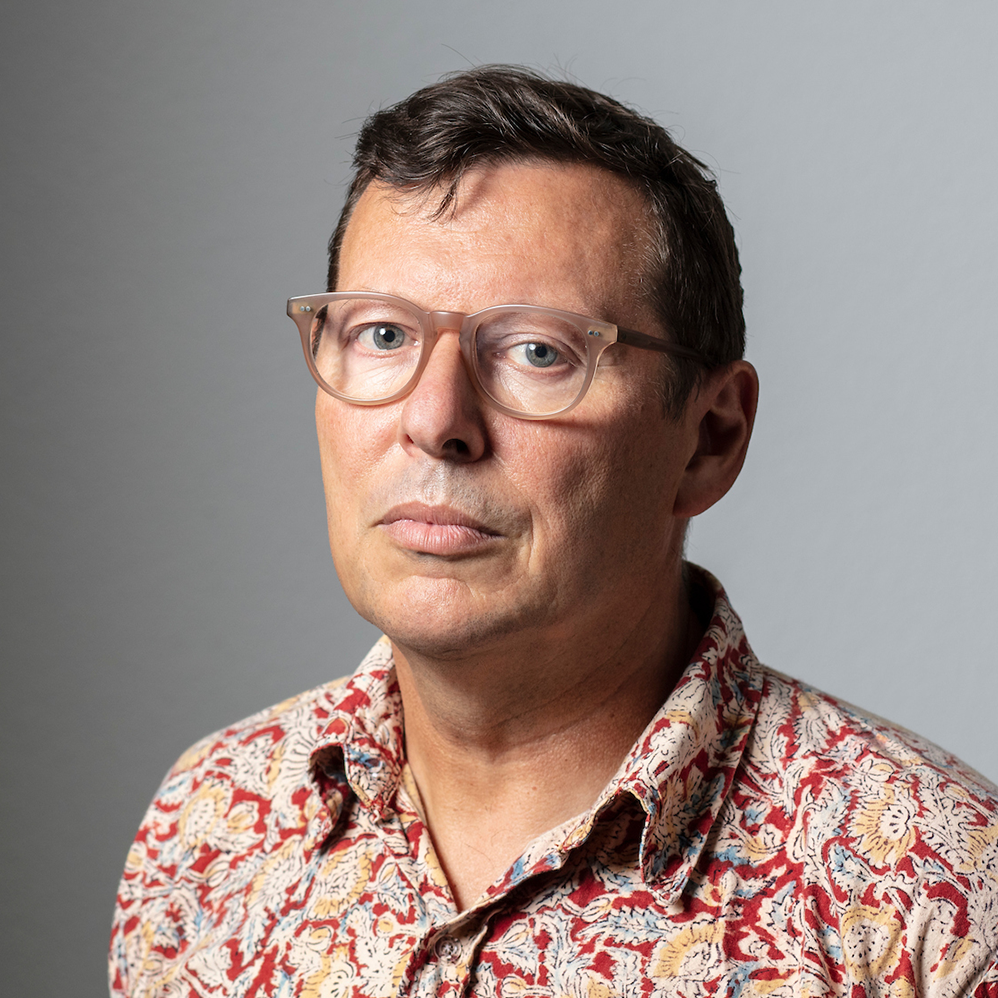
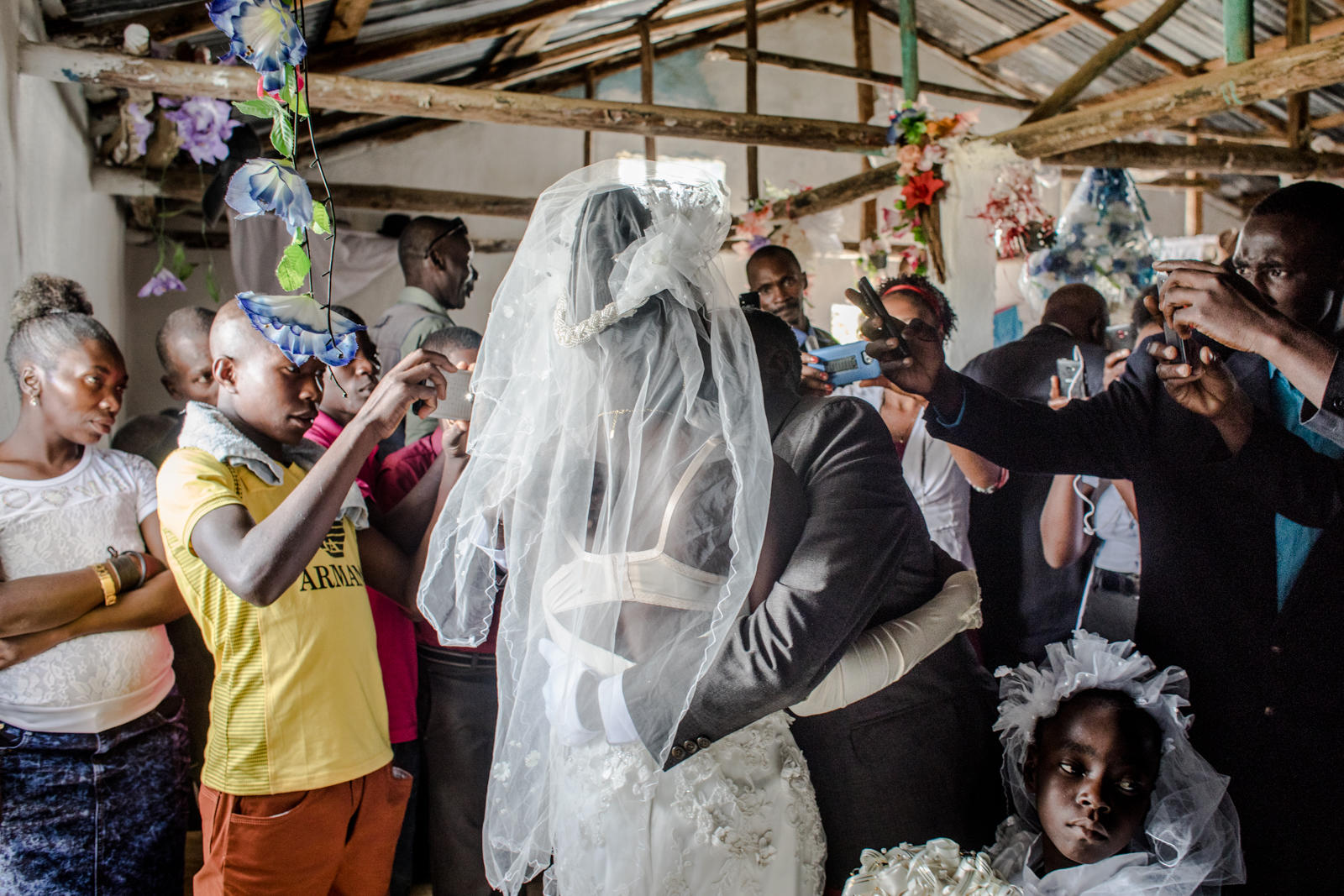
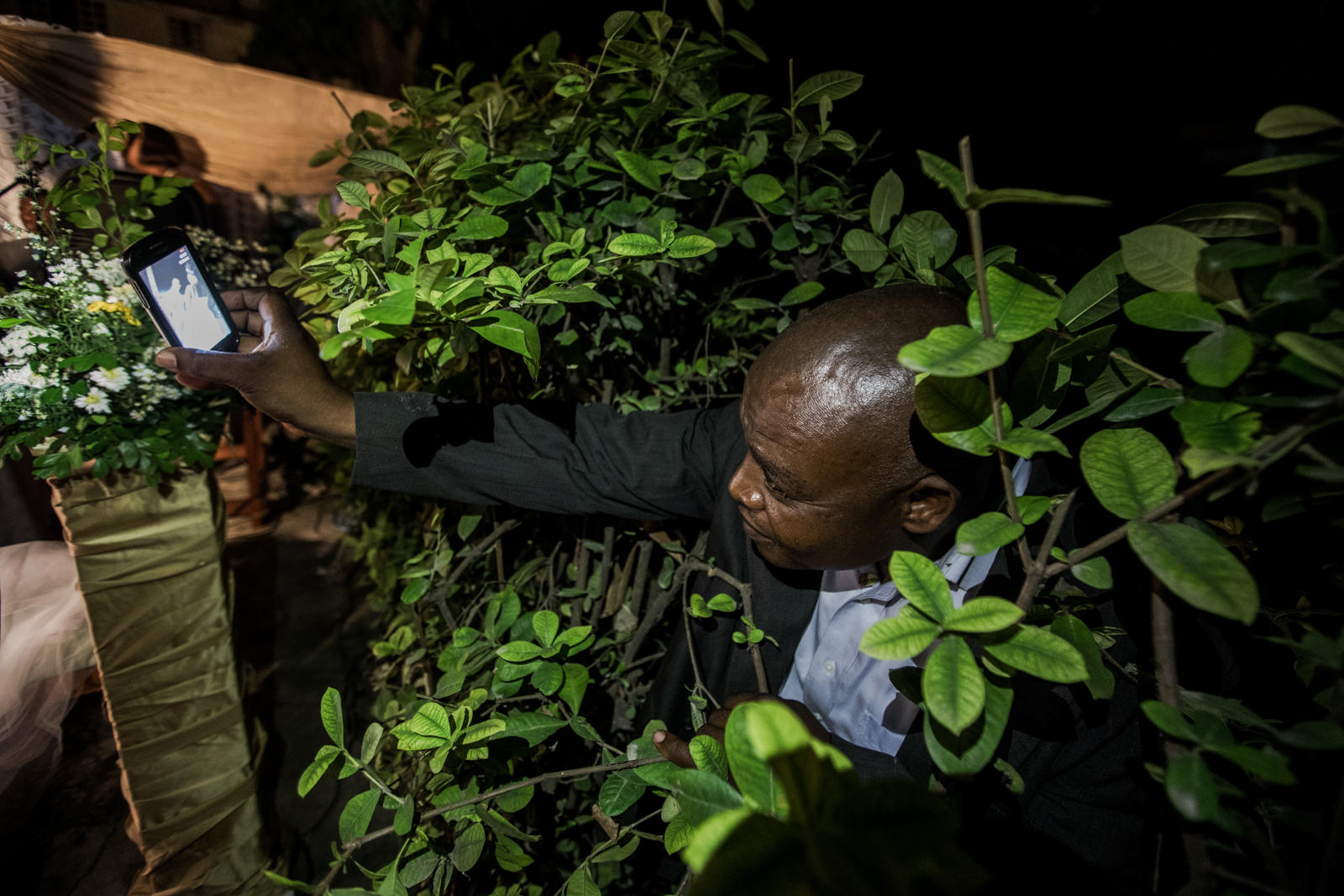
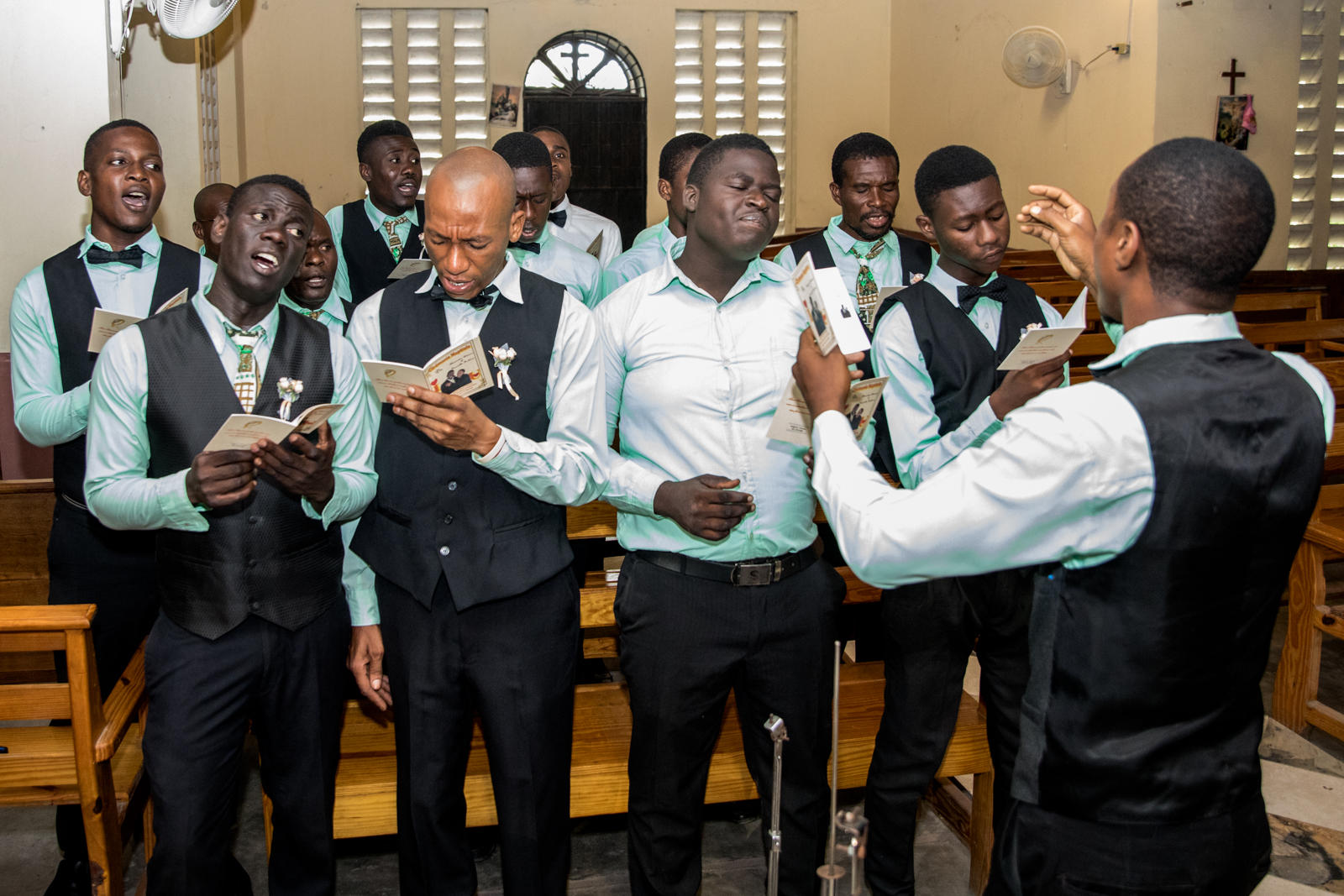
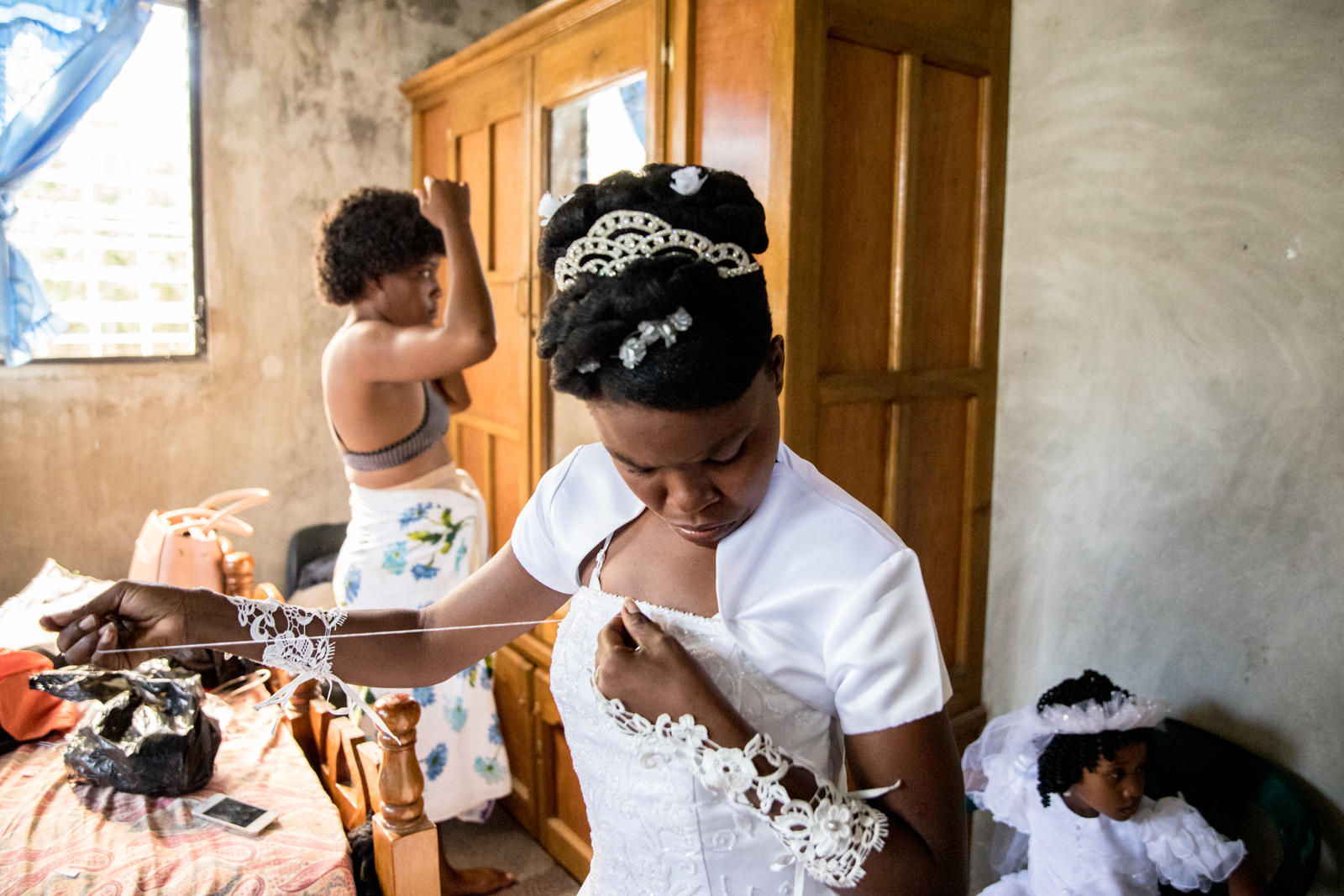
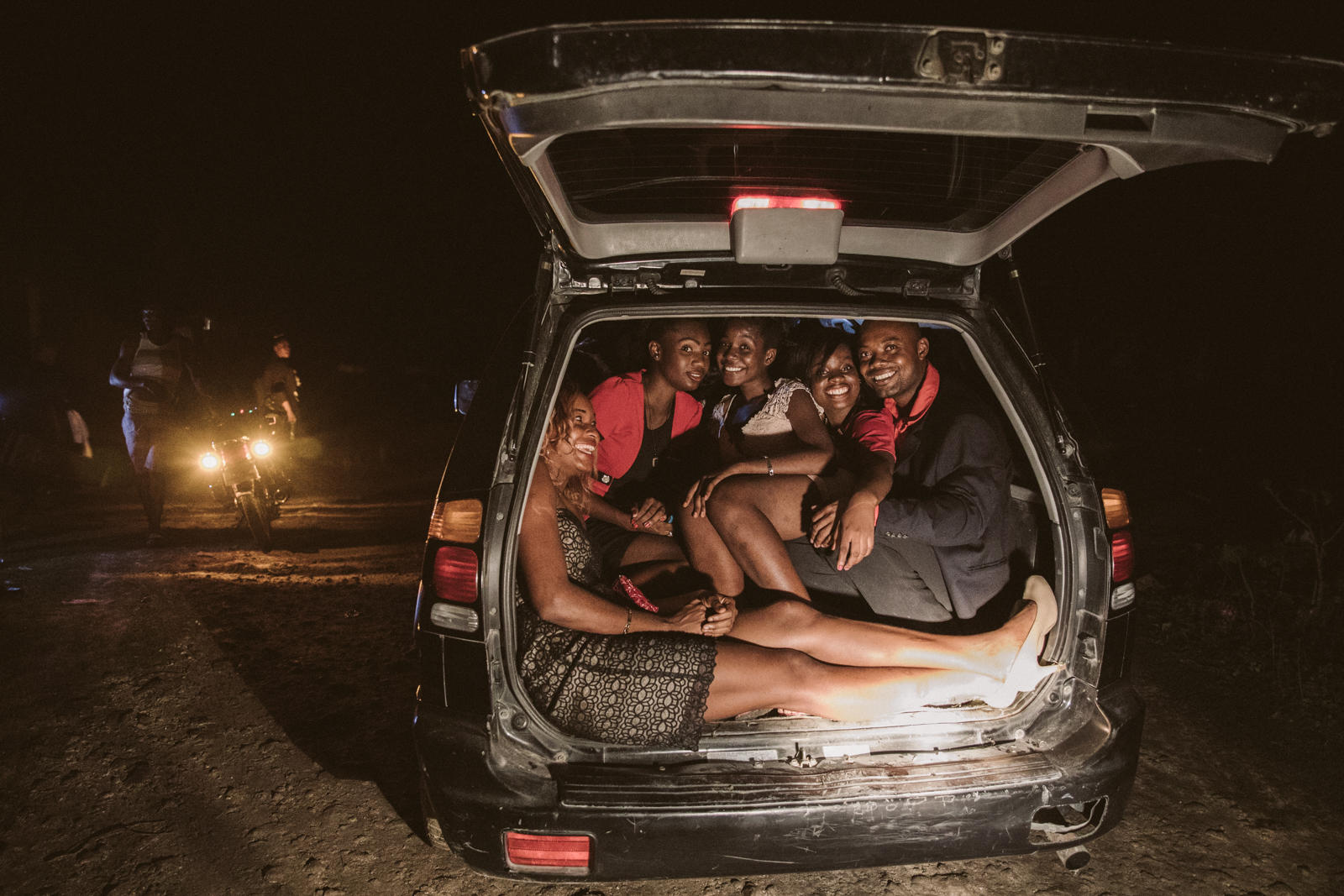
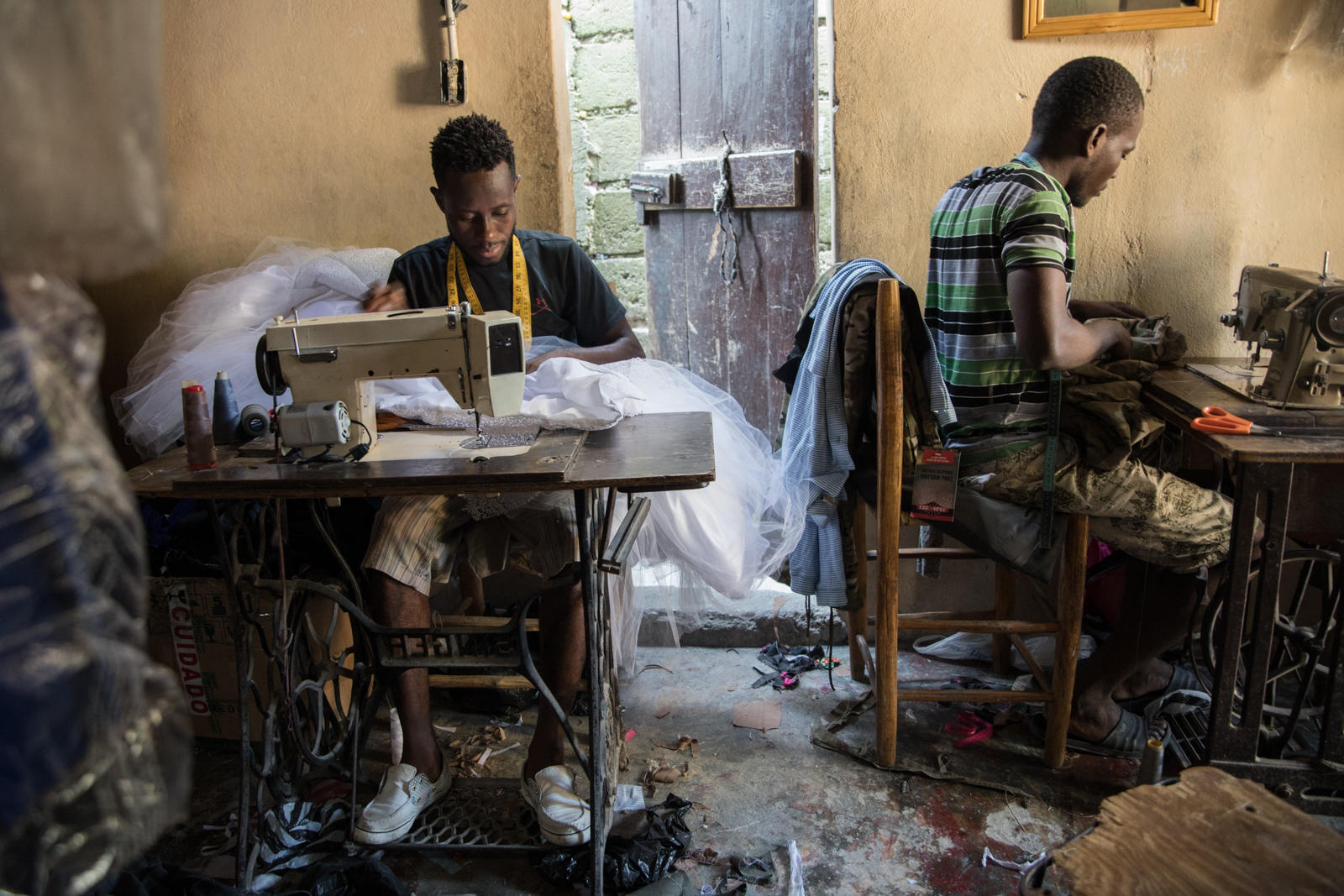
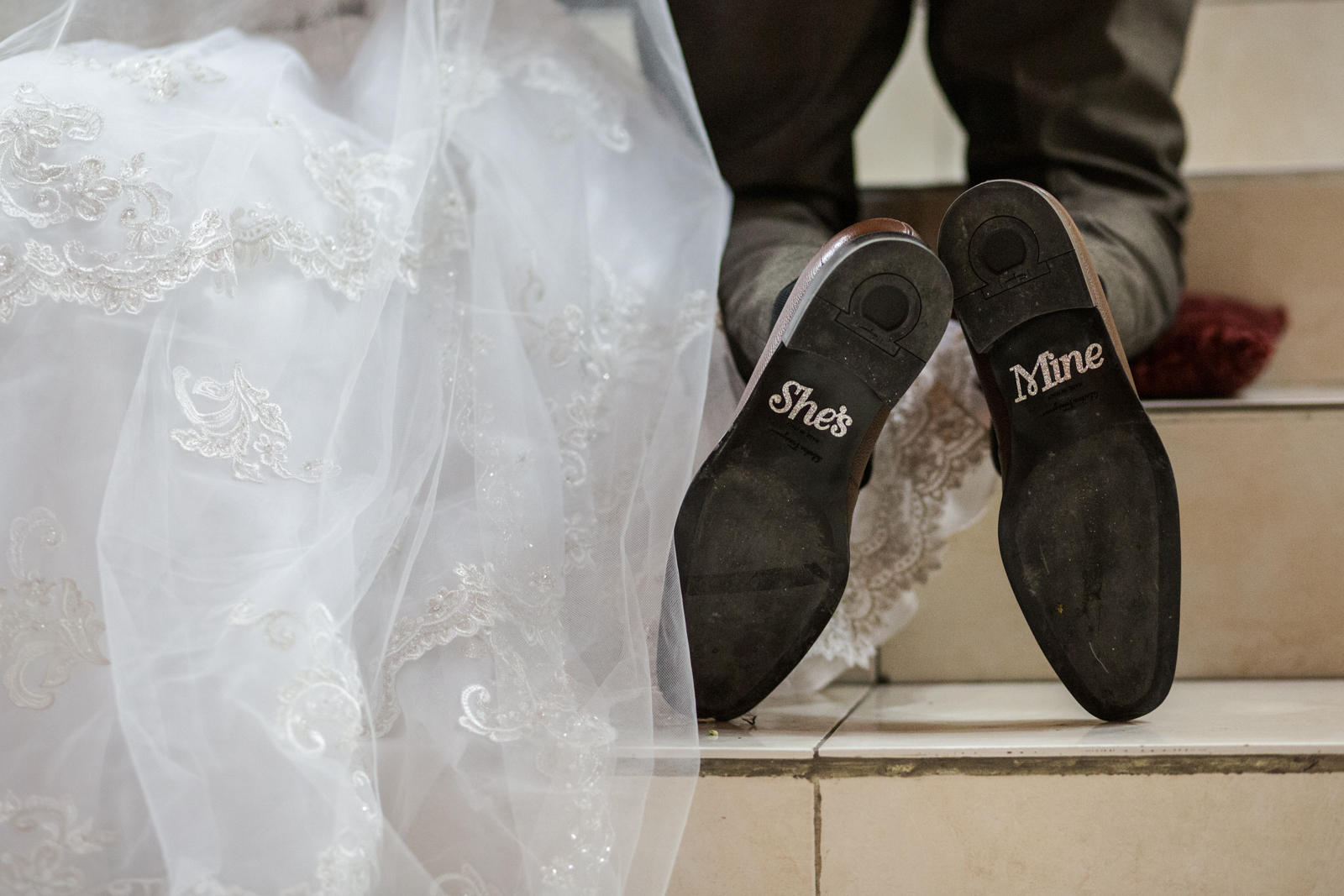
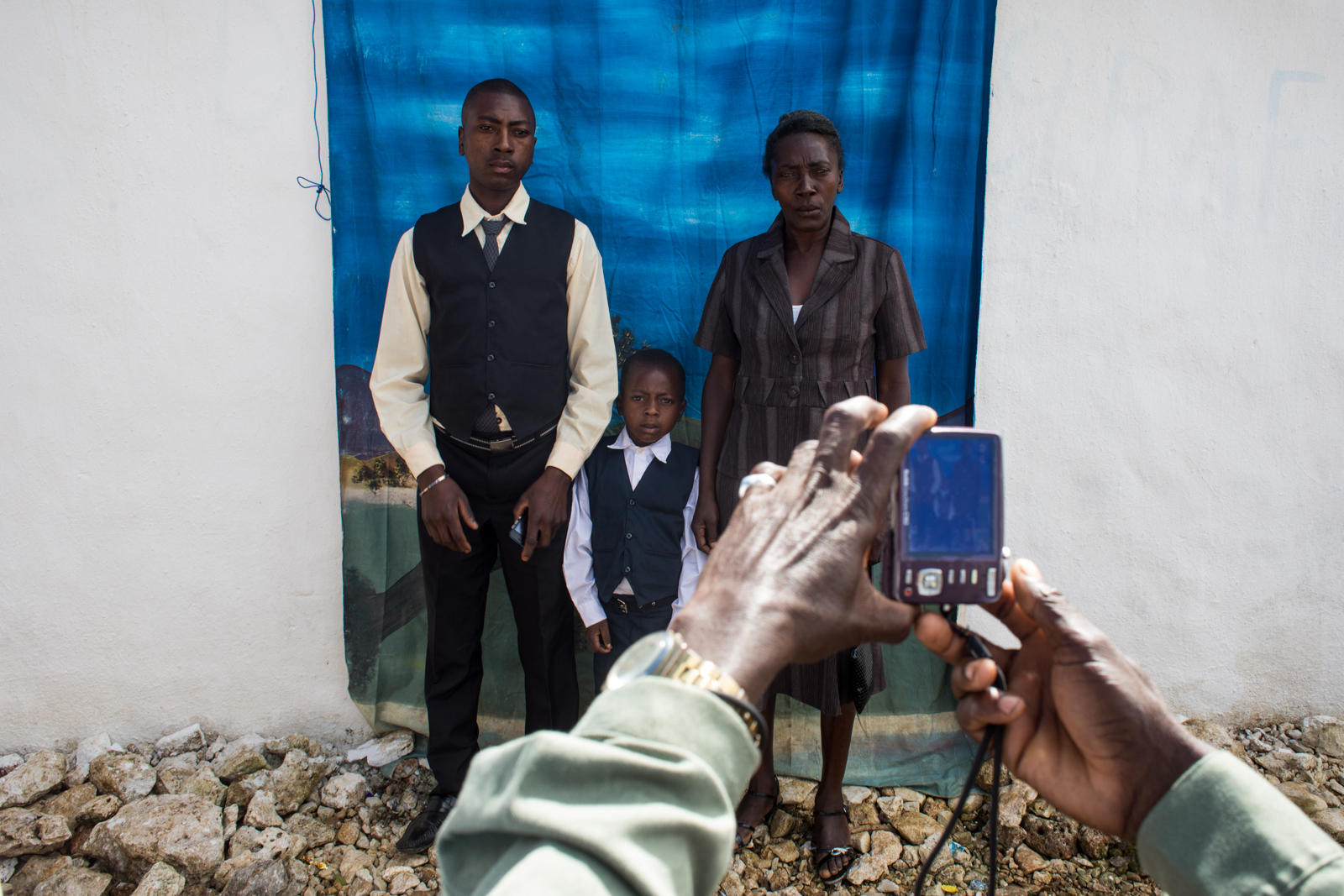

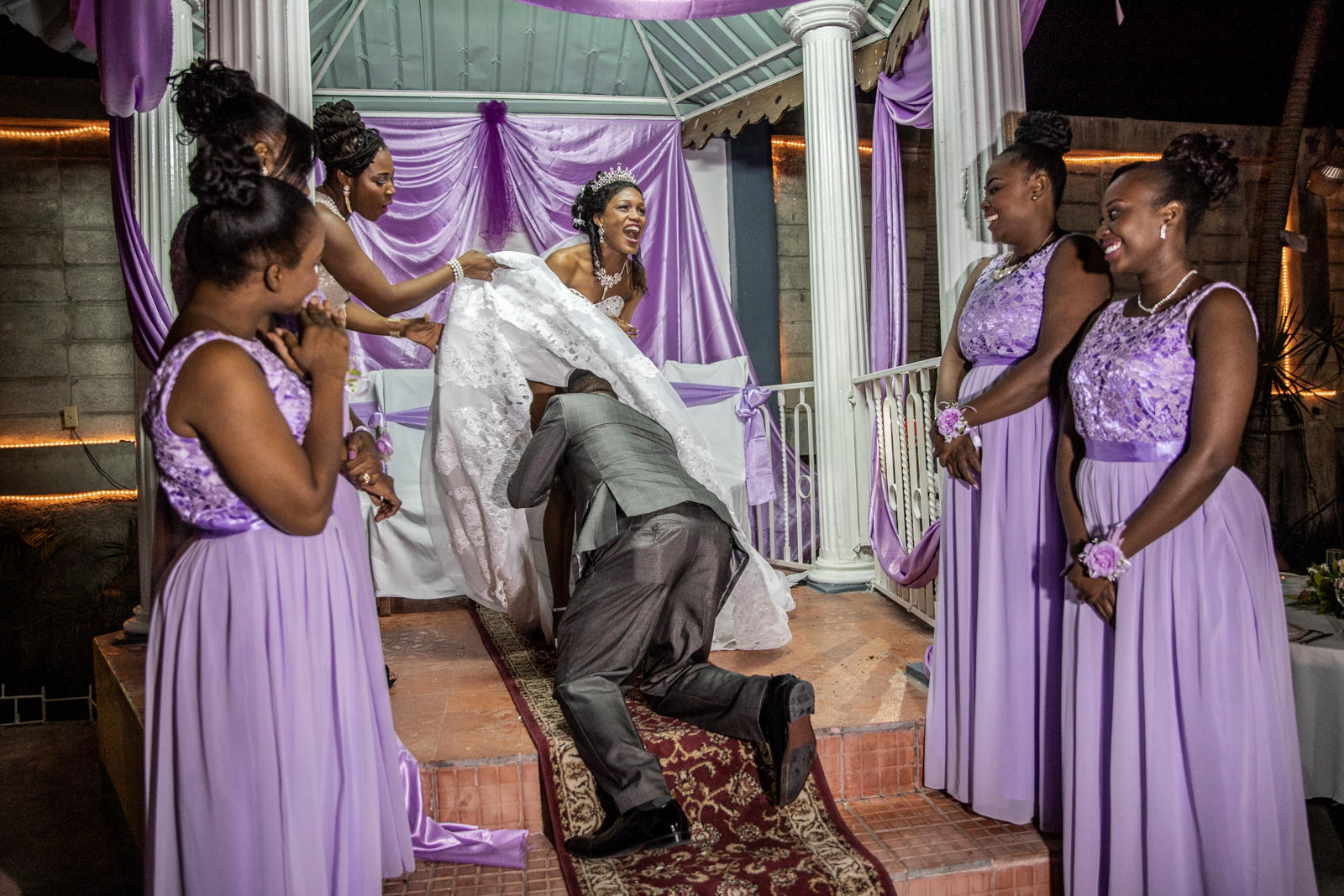
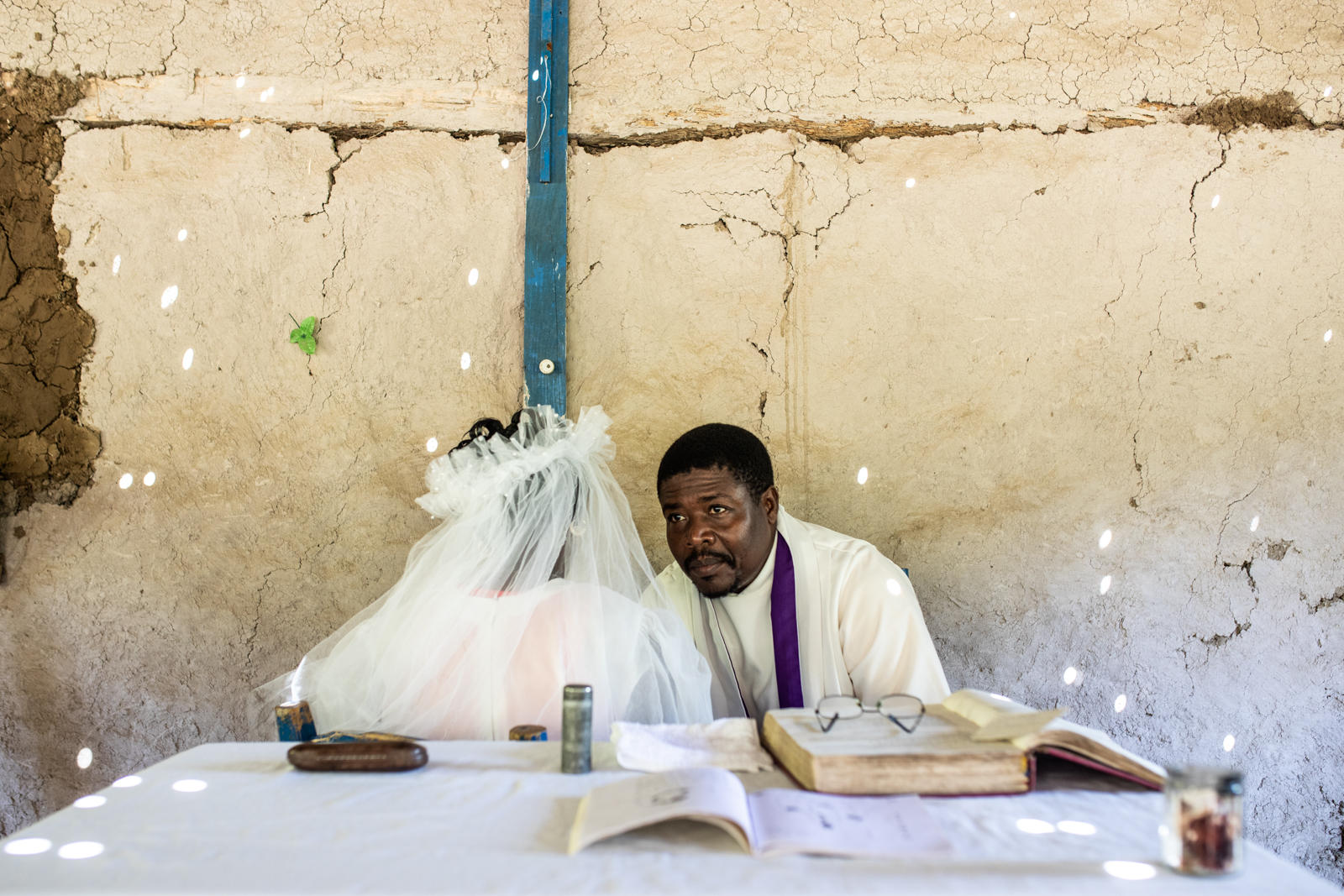
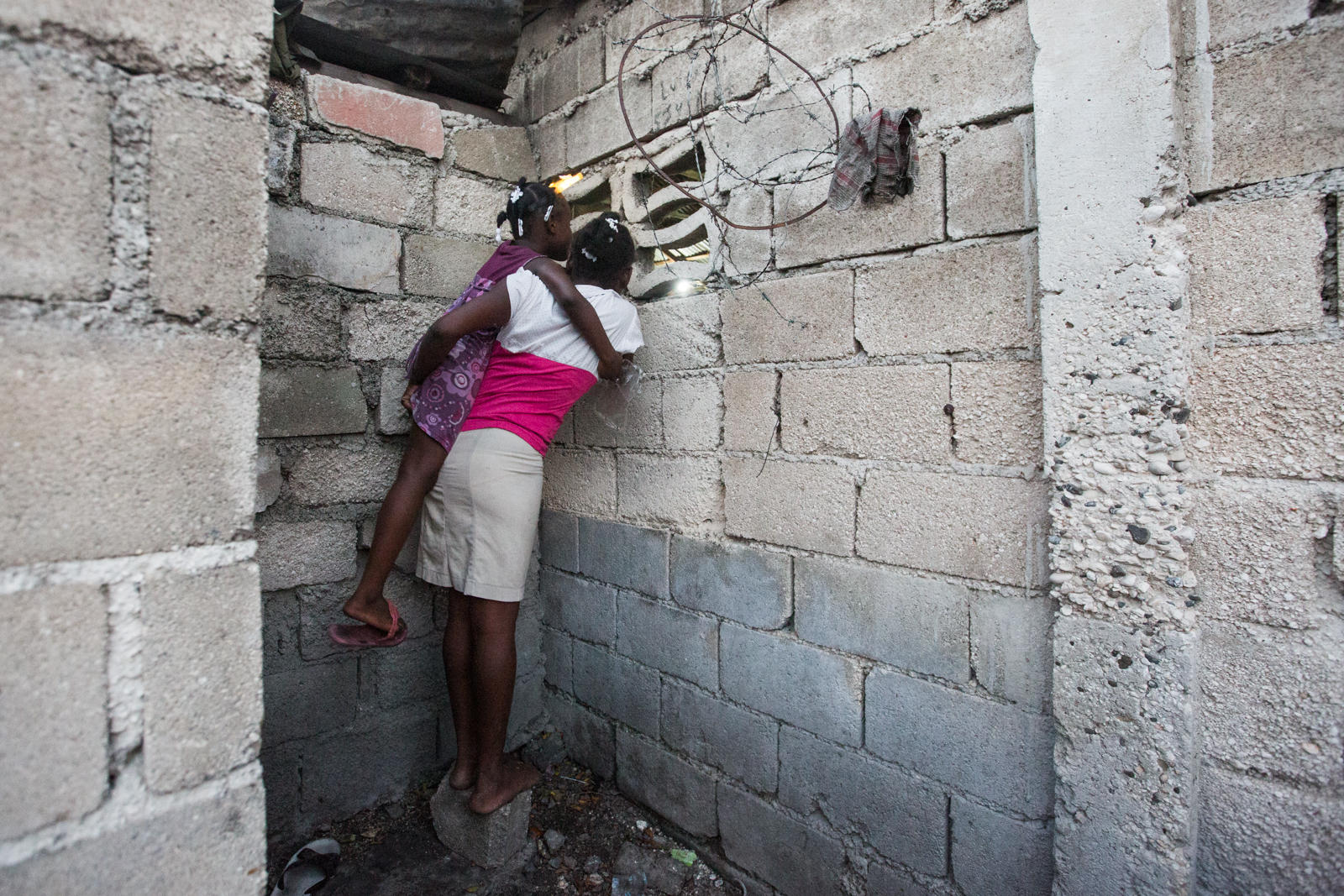
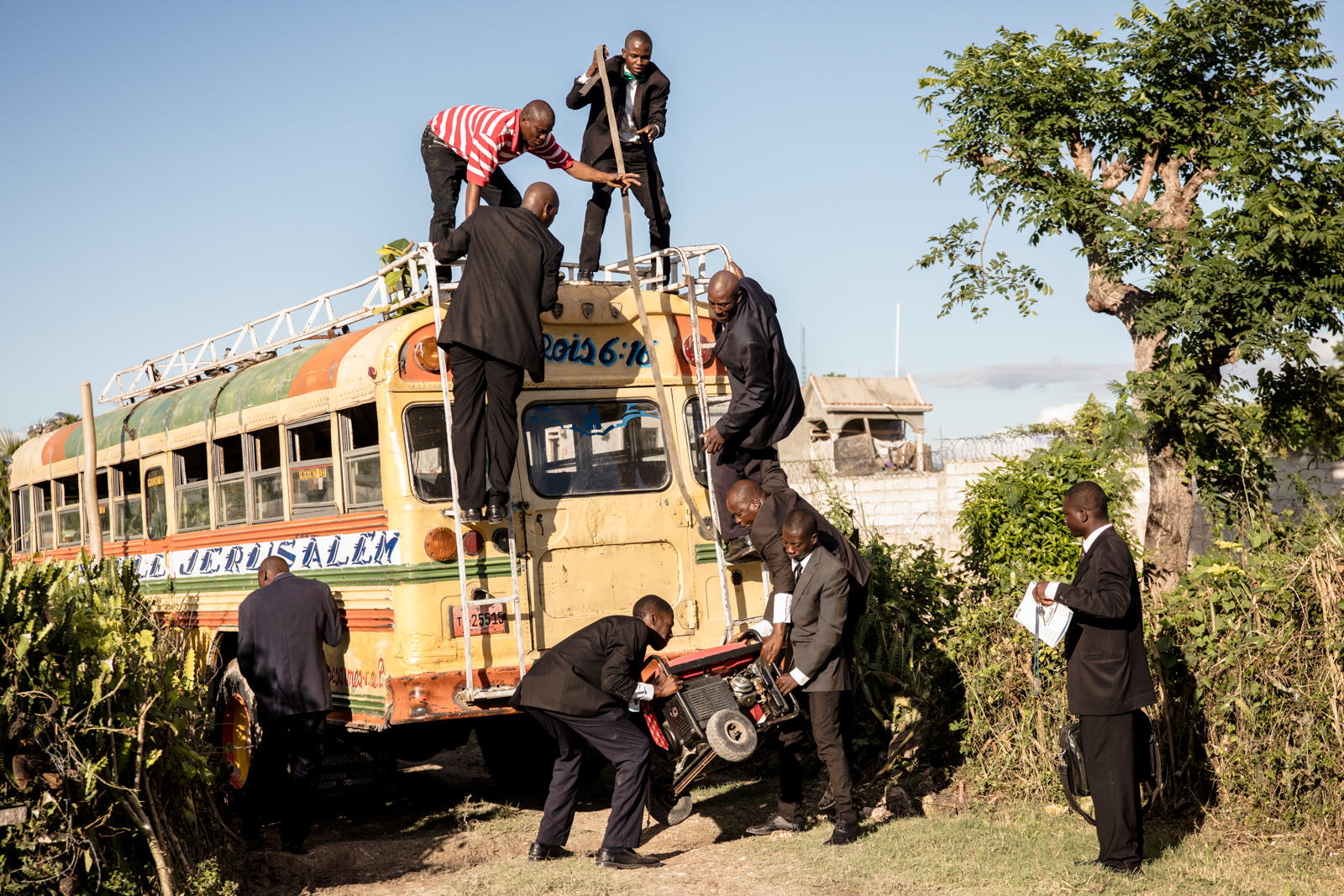
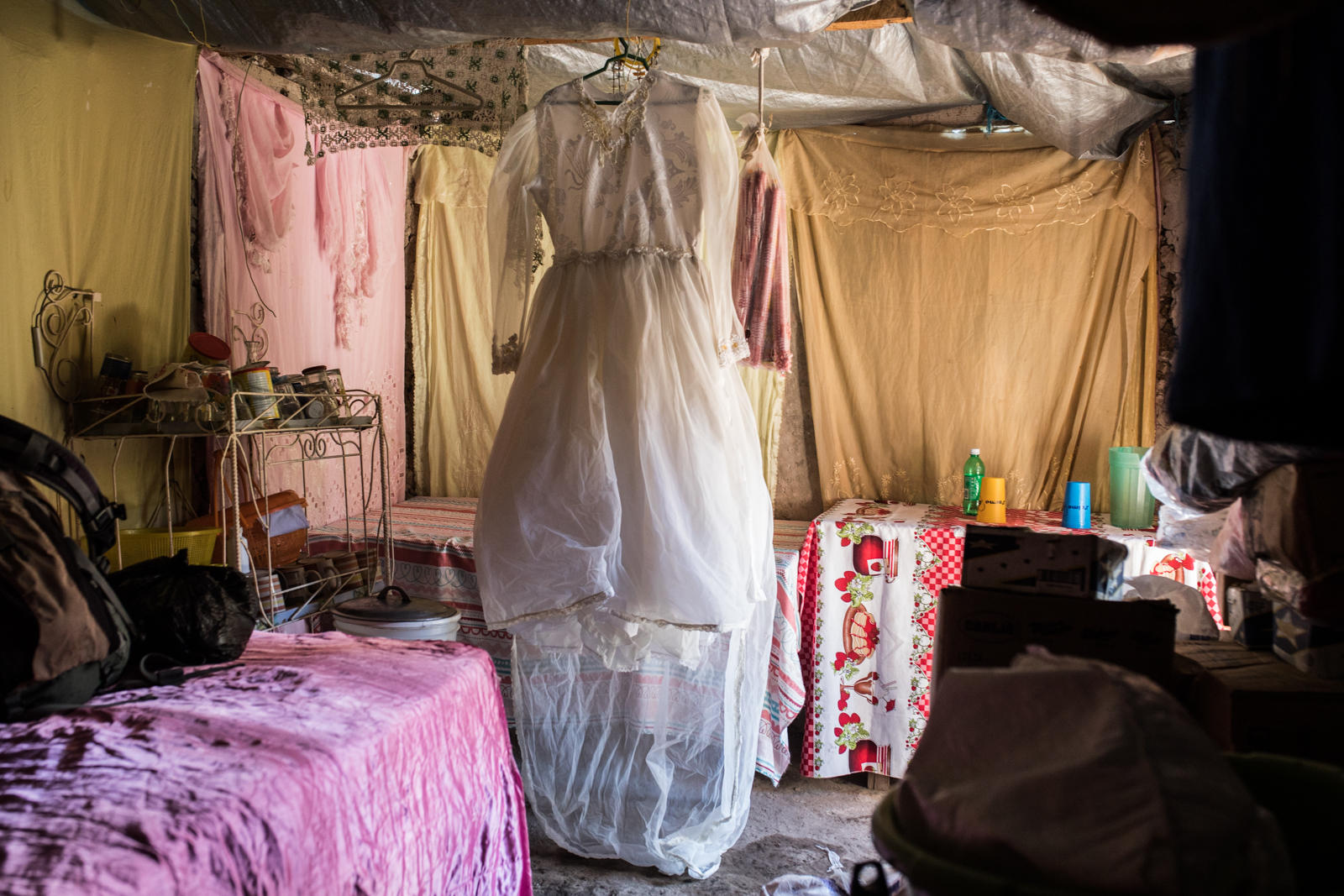
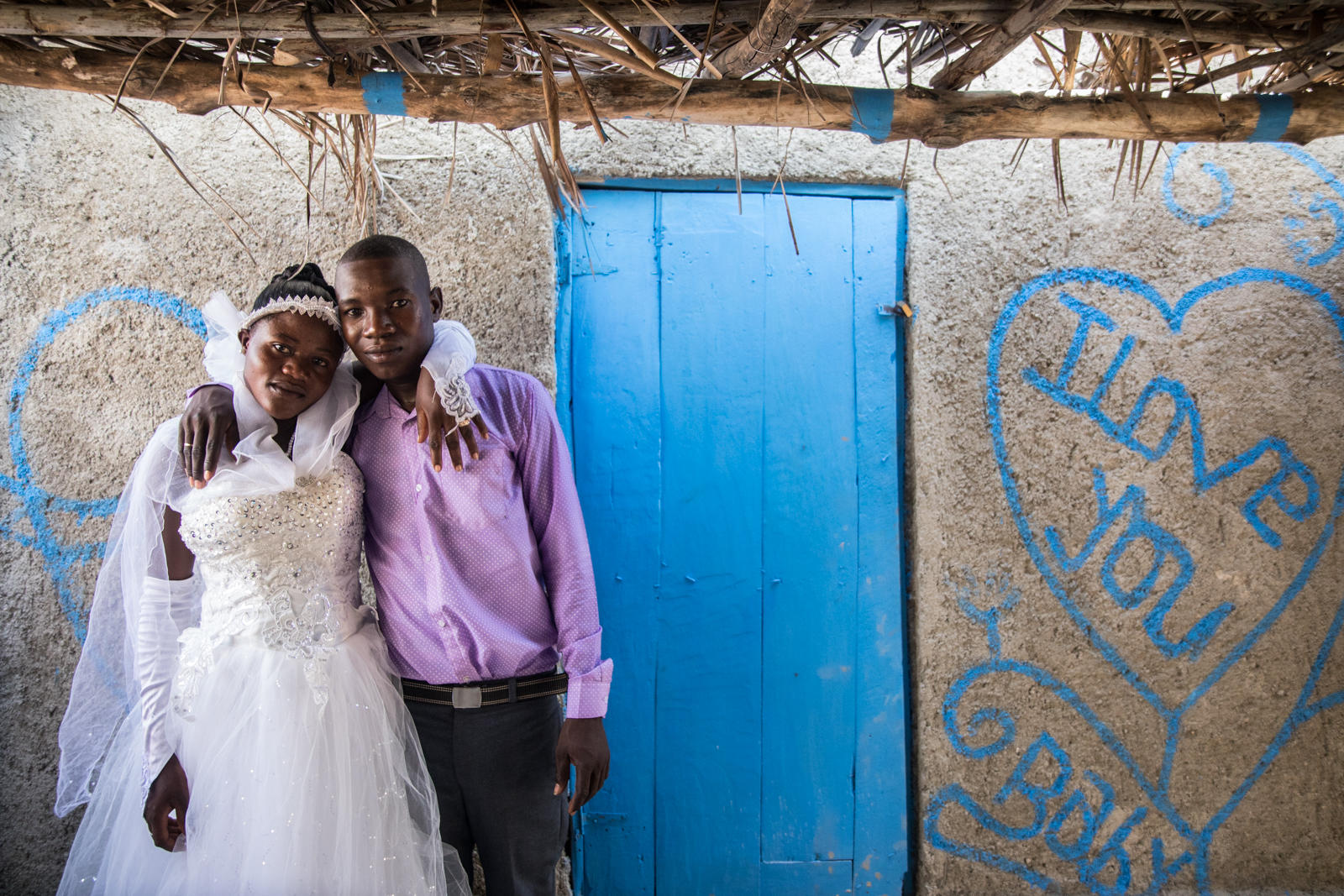
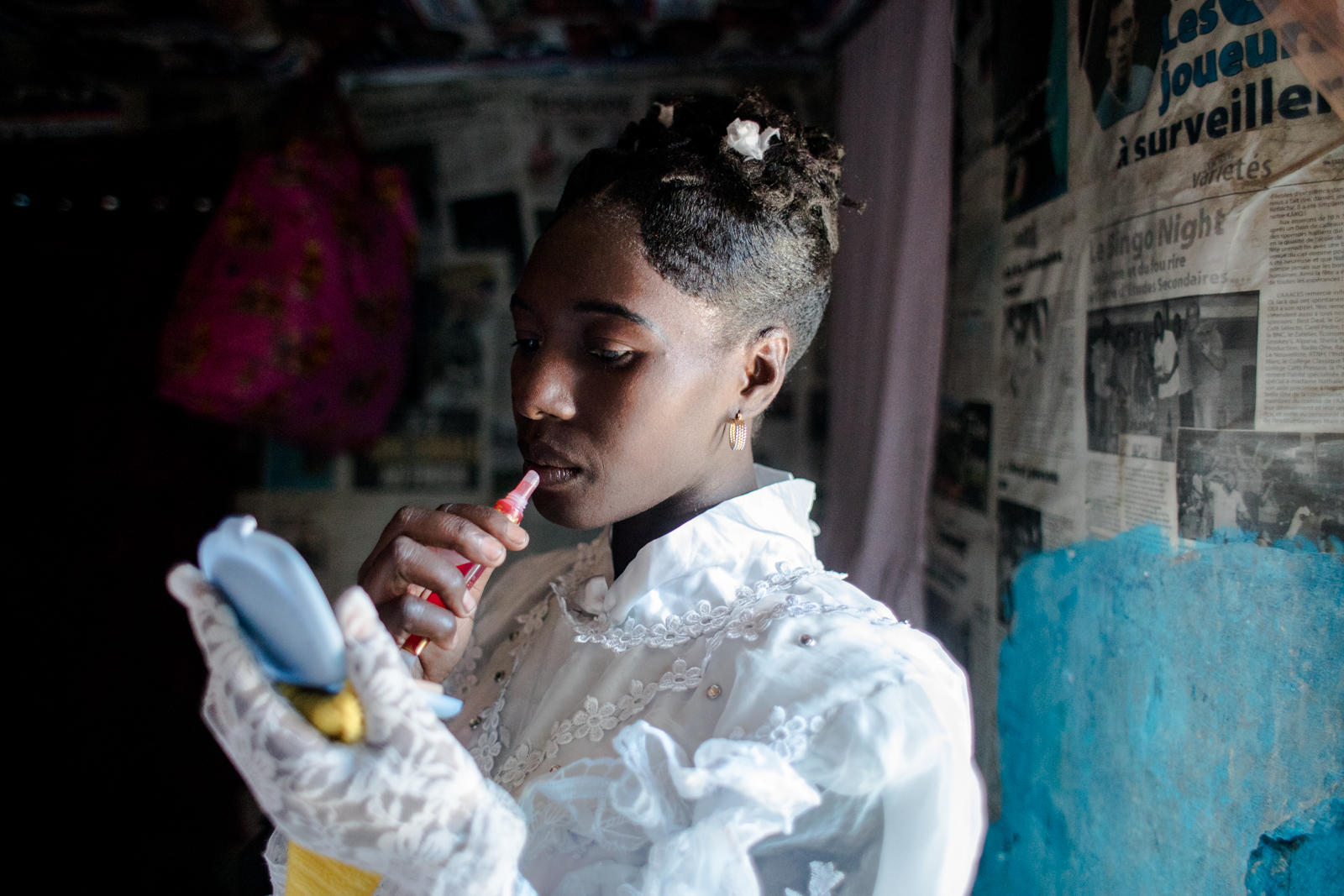
You can find an overview of ongoing debates with our journalists here . Please join us!
If you want to start a conversation about a topic raised in this article or want to report factual errors, email us at english@swissinfo.ch.